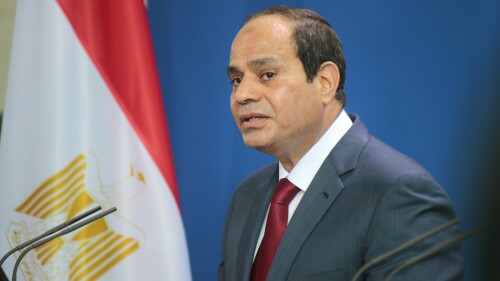Romirowsky and Joffe trace the involvement of the American Friends Service Committee (AFSC)—a Quaker organization founded long before 1948 to assist civilians caught up in the maelstrom of war—in its pivotal role as relief provider to Arab refugees in Gaza under the auspices of the
United Nations Relief for Palestine Refugees (UNRPR). Painstakingly combing through personal memoirs, cables, and diplomatic communiqués, the authors construct a rich history of the immediate post-1948 period. The AFSC was determined that its relief mission be short-lived to thwart any “moral degeneration” that might occur from a continuing refugee status. Its preferred solution was “repatriation” (return to homes in the territory that became Israel) but quickly changed to resettlement in adjacent Arab states, such as Jordan, Egypt, and Syria, as a more judicious option. This approach was also seriously considered by the U.S. government—then and now the principal source of monetary aid to the refugee operation—along with a program of political and economic development in the Middle East directly connected to larger Cold War policies.
But the idea of refugee resettlement in Arab states soon fizzled out. As the authors illustrate, both field personnel and those at the policy-making level within AFSC understood that the refugees were being used as pawns by the Arab governments in their propaganda war against Israel. Once UNRPR’s mandate expired in 1950, the United Nations established the U.N. Relief and Work’s Agency for Palestine Refugees in the Near East (UNRWA) as its replacement, and from then on, the fix was in. For reasons ranging from bureaucratic inertia to self-interest, but most importantly Arab governments’ clear desire to maintain the refugee problem, UNRWA has, for the last sixty-five years, provided “relief” to a population that has increased nearly ten-fold and whose questionable refugee status is handed down to each successive generation as their prized—and lucrative—legacy.
As the authors note, a continuing and permanent refugee status became a necessary condition for the fostering of a “Palestinian” identity. Rather than use its influence among the Arab states to implement a resettlement program, which would have ultimately been to the refugees’ advantage, the U.S. government pandered to a set of ideas that would prove inimical to long-term regional stability as well as to Israel’s security. This ill-conceived approach continues to this day, sustaining the most powerful weapon in the Arab arsenal against the legitimacy of the Jewish state.








